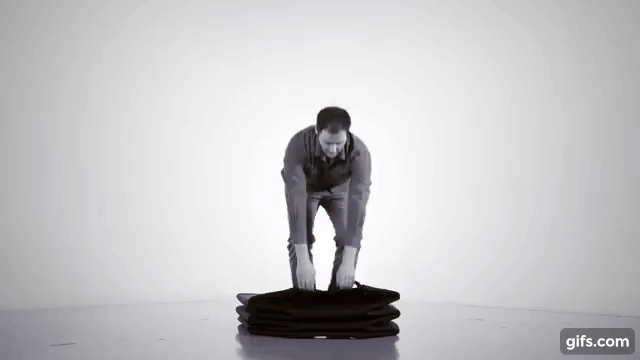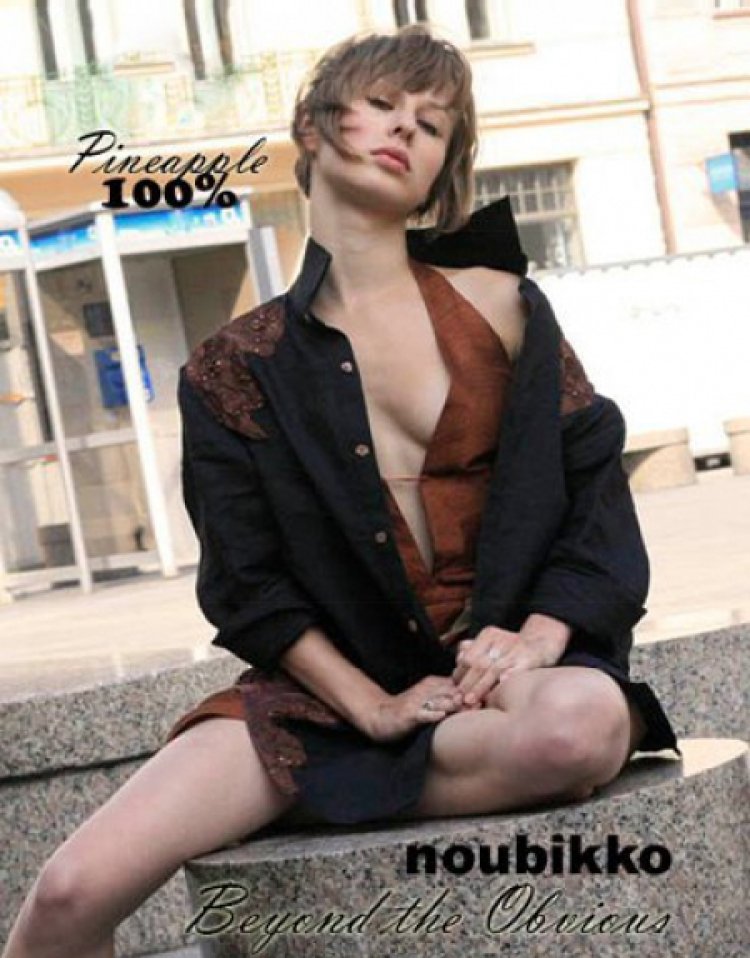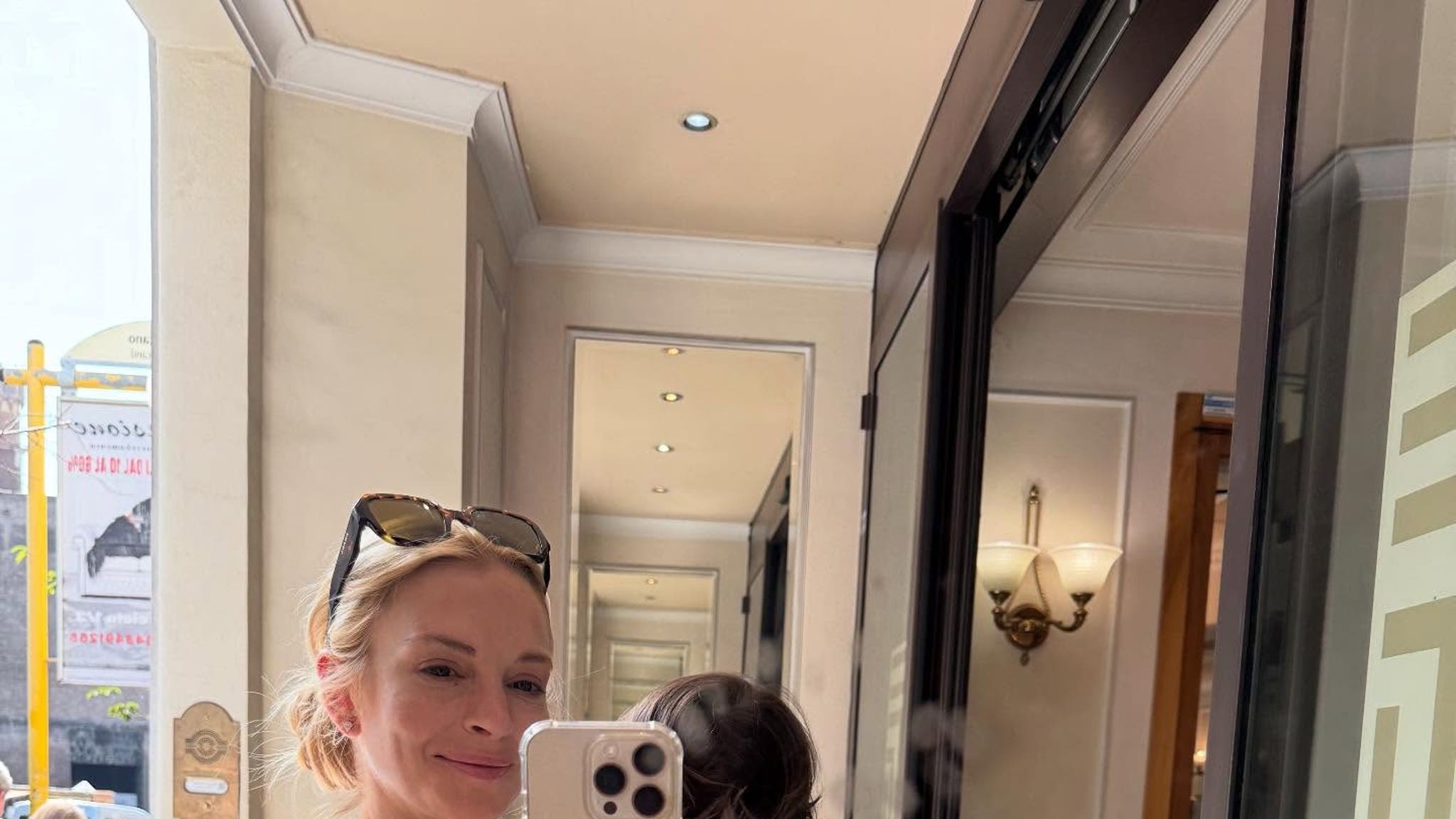Why the Film Passing Stirs The Imagination
Rebecca Hall's directorial debut in 'Passing" is exquisite. Almost a year ago, acclaimed actor Rebecca Hall’s directorial debut, “Passing,” made a splash at the Sundance Film Festival. Her work as a director is exquisite. Long before Hall turned her attention to directing, both Roger and I were admirers of her performances in films such as "Vicky Cristina Barcelona" and "Please Give." In adapting Larson's novel, Hall was able to put to good use her multi-faceted interests in the arts — her experience on sets made her particularly sensitive to working with actors. Her musical background helped her choose Devonté Hynes ("Blood Orange") to compose the haunting score, and led her to the 98-year-old Ethiopian nun Emahoy Tsegué-Maryam Guèbrou's song, "The Homeless Wanderer." And her interest in painting and theatre arts informed her decision to have cinematographer Eduard Grau film in black and white, and in an aspect ratio that put you squarely in the past. The film landed on multiple "Top Ten" lists at the end of the year. The film is an adaptation of Nella Larsen's revelatory 1929 novel starring Oscar-nominee Ruth Negga ("Loving") and Emmy nominee Tessa Thompson ("Sylvie's Love") as Clare and Irene, respectively—two African-American high school friends whose lives take a dramatic turn as adults. Negga's character is passing as white but has an openly racist husband (Alexander Skaarsgard), who has no idea of the secret she is hiding. Thompson's character chooses to live as Black, and has a rich social and family life in Harlem with her doctor husband (Andre Holland). "Thompson can do anything as an actress, finding ways to reflect multiple layers of Irene’s inner monologue on her expressive face," wrote our Managing Editor Brian Tallerico in his festival dispatch. "While looking like she could easily have been a major star in silent cinema, the captivating Negga matches Thompson in her own register, conveying subtly how much her reunion with someone from a different life has reshaped her foundation." "There are few films I’ve thought more about this season than this directorial debut from the actress Rebecca Hall, and absolutely no performance that has stuck with me more than Negga’s," wrote Kyle Buchanan in The New York Times. "Clare steps out on her racist white husband to flirt with Irene in all sorts of provocative ways. Does she see Irene’s respectable life as an upstanding Black wife in Harlem and covet what she has shunned? Or does she want to entice Irene into an in-between life where the bond between them may even become romantic. I’m still not entirely sure, because a year after watching this movie, I continue to turn Negga’s performance over to examine it from new angles. That’s what you call a gem, isn’t it?" Forest Whitaker recently wrote in a column published in Variety: "The moment in which we currently find ourselves and the awakening that is occurring throughout this industry is rare and exhilarating...A wave of accomplished and disparate works is being unleashed on the audience from a mounting chorus of underserved voices. And the reach is even more pronounced in the streaming era. Thanks to platforms like Netflix, Rebecca’s story — dismissed in some quarters early in the process as too niche or too 'art house' — finds itself available in more than 200 million households across the planet. That’s staggering." It was Whitaker's work alongside Nina Yang Bongiovi, with whom he formed Significant Productions, that made me interested in becoming an executive producer of "Passing." It was not easy for Rebecca Hall to get this film made, and in fact it was a project that was 13-15 years in the making. But Significant Production's mission was to provide opportunities to filmmakers who were rarely afforded a chance. They championed many independent filmmakers at a time when they were unheard of, like Ryan Coogler when he directed "Fruitvale Station." He went on to direct "Creed" and the Oscar-winning "Black Panther." Their commitment to women directors and filmmakers of color aligned with my own. Nina said it is rare for Asian and African Americans to invest in a film together and sited this collaboration as yet another example of how Rebecca Hall's artistry and the powerful story she has chosen to tell have served as a cultural bridge. Last summer, I had a conversation with Hall at the Martha's Vineyard African-American Film Festival in which she discussed how her mother, the revered American opera star Maria Ewing, intimated that her father, who had died when she was young, may have had Native American blood or maybe even Black blood. But they never really talked about it with any resolution. Hall said the questions she had about her mother's ancestral heritage were unformed until someone gave her Nella Larson's book, and then she finally had the language to express it. In my essay, "The Freedom to Pass," I reflected on my memories of the “two white ladies” who lived down the block from my famil


Rebecca Hall's directorial debut in 'Passing" is exquisite.
Almost a year ago, acclaimed actor Rebecca Hall’s directorial debut, “Passing,” made a splash at the Sundance Film Festival. Her work as a director is exquisite. Long before Hall turned her attention to directing, both Roger and I were admirers of her performances in films such as "Vicky Cristina Barcelona" and "Please Give." In adapting Larson's novel, Hall was able to put to good use her multi-faceted interests in the arts — her experience on sets made her particularly sensitive to working with actors. Her musical background helped her choose Devonté Hynes ("Blood Orange") to compose the haunting score, and led her to the 98-year-old Ethiopian nun Emahoy Tsegué-Maryam Guèbrou's song, "The Homeless Wanderer." And her interest in painting and theatre arts informed her decision to have cinematographer Eduard Grau film in black and white, and in an aspect ratio that put you squarely in the past. The film landed on multiple "Top Ten" lists at the end of the year.
The film is an adaptation of Nella Larsen's revelatory 1929 novel starring Oscar-nominee Ruth Negga ("Loving") and Emmy nominee Tessa Thompson ("Sylvie's Love") as Clare and Irene, respectively—two African-American high school friends whose lives take a dramatic turn as adults. Negga's character is passing as white but has an openly racist husband (Alexander Skaarsgard), who has no idea of the secret she is hiding. Thompson's character chooses to live as Black, and has a rich social and family life in Harlem with her doctor husband (Andre Holland). "Thompson can do anything as an actress, finding ways to reflect multiple layers of Irene’s inner monologue on her expressive face," wrote our Managing Editor Brian Tallerico in his festival dispatch. "While looking like she could easily have been a major star in silent cinema, the captivating Negga matches Thompson in her own register, conveying subtly how much her reunion with someone from a different life has reshaped her foundation."
"There are few films I’ve thought more about this season than this directorial debut from the actress Rebecca Hall, and absolutely no performance that has stuck with me more than Negga’s," wrote Kyle Buchanan in The New York Times. "Clare steps out on her racist white husband to flirt with Irene in all sorts of provocative ways. Does she see Irene’s respectable life as an upstanding Black wife in Harlem and covet what she has shunned? Or does she want to entice Irene into an in-between life where the bond between them may even become romantic. I’m still not entirely sure, because a year after watching this movie, I continue to turn Negga’s performance over to examine it from new angles. That’s what you call a gem, isn’t it?"
Forest Whitaker recently wrote in a column published in Variety: "The moment in which we currently find ourselves and the awakening that is occurring throughout this industry is rare and exhilarating...A wave of accomplished and disparate works is being unleashed on the audience from a mounting chorus of underserved voices. And the reach is even more pronounced in the streaming era. Thanks to platforms like Netflix, Rebecca’s story — dismissed in some quarters early in the process as too niche or too 'art house' — finds itself available in more than 200 million households across the planet. That’s staggering."

It was Whitaker's work alongside Nina Yang Bongiovi, with whom he formed Significant Productions, that made me interested in becoming an executive producer of "Passing." It was not easy for Rebecca Hall to get this film made, and in fact it was a project that was 13-15 years in the making. But Significant Production's mission was to provide opportunities to filmmakers who were rarely afforded a chance. They championed many independent filmmakers at a time when they were unheard of, like Ryan Coogler when he directed "Fruitvale Station." He went on to direct "Creed" and the Oscar-winning "Black Panther." Their commitment to women directors and filmmakers of color aligned with my own. Nina said it is rare for Asian and African Americans to invest in a film together and sited this collaboration as yet another example of how Rebecca Hall's artistry and the powerful story she has chosen to tell have served as a cultural bridge.
Last summer, I had a conversation with Hall at the Martha's Vineyard African-American Film Festival in which she discussed how her mother, the revered American opera star Maria Ewing, intimated that her father, who had died when she was young, may have had Native American blood or maybe even Black blood. But they never really talked about it with any resolution. Hall said the questions she had about her mother's ancestral heritage were unformed until someone gave her Nella Larson's book, and then she finally had the language to express it. In my essay, "The Freedom to Pass," I reflected on my memories of the “two white ladies” who lived down the block from my family in an all-Black neighborhood on the Near West Side of Chicago, as well as the stories I heard of people who "passed" for white. "Passing," for Hall, fulfilled both a secret passion she had to direct, as well as a deeper exploration of her and her mother's roots. Recently, just days prior to her death at age 71 outside of Detroit, Hall's mother, Mrs. Ewing, was witness to the PBS series, "Finding Your Roots," that revealed the truth of her family's history. The show's host, Dr. Henry Louis Gates, presented Rebecca Hall with many buried, but quite majestic aspects of her Black heritage.

"Passing" has been nominated for Best Picture by the African American Film Critics Association and the Alliance of Women Journalists, as well as the Grand Jury Prize at the Sundance Film Festival. Rebecca Hall has been nominated for numerous Best Director and Best Adapted Screenplay accolades, as well as the Milos Stehlik Award for Most Promising Filmmaker at the Chicago Film Critics Association Awards, the Bingham Ray Breakthrough Director Award at the Gotham Awards, Best First Feature from the Indiewire Critics' Poll and Outstanding Breakthrough Creative (Motion Picture) at the NAACP Image Awards. She won the Best Debut as Director Award from the New York Film Critics, Online, while "Passing" was named among the Top Films of the Year. Hall also received the Breakthrough Filmmaker award from the Online Association of Female Film Critics and the Best Directorial Debut prize from the Philadelphia Film Critics Circle Awards.
"The main challenge of the adaptation revolved around the character of Irene," wrote Hall in an essay published by The Los Angeles Times. "Contemporary reviewers often missed both Irene’s centrality and her fundamental unreliability. Clare, the object of Irene’s obsession, was frequently taken to be the main character, rather than one half of the extraordinary — and extraordinarily complicated — relationship that drives the action. Crucially, it isn’t Clare’s passing per se that interests Larsen, but rather what Clare’s passing means to Irene, how Clare’s strange freedom reflects Irene’s loneliness and repression. Unless Irene’s judgment and fear of Clare is seen in the context of her desire to be and possess her, there isn’t anything to the story but a conventional passing morality tale."

Tessa Thompson has been named Best Actress by the Black Film Critics Circle Awards, the Chicago Indie Critics Awards and the New York Film Critics, Online, as well as Best Screen Couple (along with Ruth Negga) by the Women Film Critics Circle Awards. She has also been nominated for Best Actress by the NAACP Image Awards. “It’s funny, making the film felt like a secret,” Thompson told The Wrap. “It felt kind of surreal, even when we first screened at Sundance, albeit digitally, just the idea that people were seeing it. For Rebecca, it’s the culmination of a 15-year journey that Ruth and I are a small part of—but still, getting so close to her as a collaborator (and learning) how much it means to her, it feels momentous in a way that I’m not sure I have felt with any other project before.”
Ruth Negga was nominated for the Golden Globes and Screen Actors Guild Award for Best Supporting Actress. She has won accolades in that category at the Chicago Film Critics Association Awards, the Chicago Indie Critics Awards, the Columbus Film Critics Association, the Greater Western New York Film Critics Association Awards, the National Society of Film Critics Awards, the New York Film Critics, Online and the Philadelphia Film Critics Circle Awards. Negga told Empire Magazine that although Hall had asked her to play Irene, the actress was more interested in the role of Clare. "I was curious about her because she's a livewire who walks this fine line between safety and danger," she said. "This is a woman who is unapologetic, is living fully as herself and made it an active part of her life to reject shame."
"Passing" is now streaming exclusively on Netflix.





















:quality(85):upscale()/2025/02/03/788/n/1922283/010b439467a1031f886f32.95387981_.jpg)
